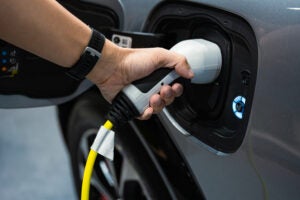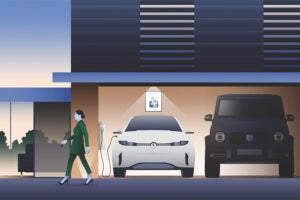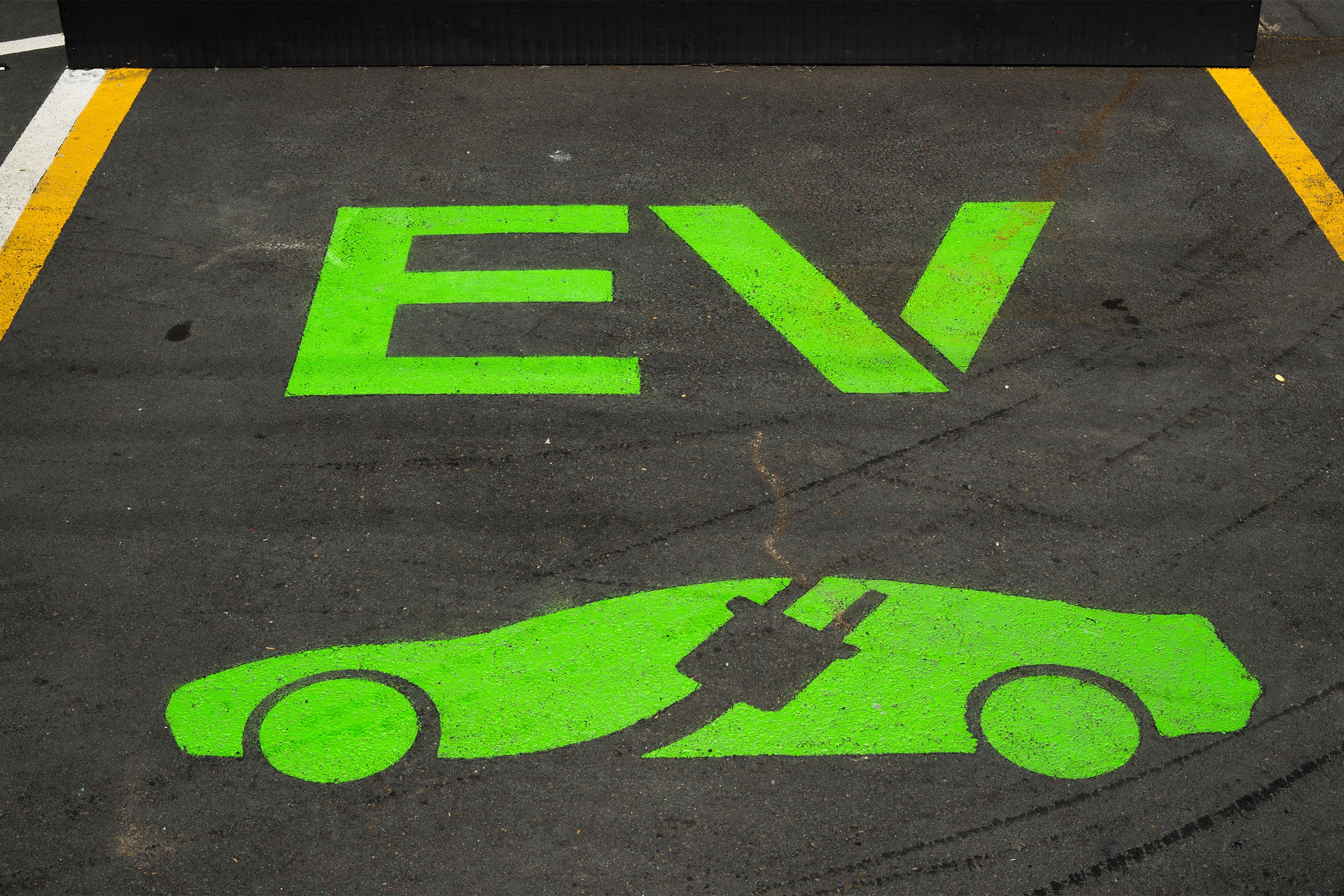People
Ashley Nunes
-
Even with a pay hike, an electric vehicle problem looms for autoworkers
September 27, 2023
An op-ed by Ashley Nunes: Well, it finally happened. After weeks of ardent lobbying, fervent favor trading and political arm-twisting, the United Auto Workers union…
-
Why are so many flights nearly crashing into each other?
September 1, 2023
An op-ed by Ashley Nunes: “Disturbing.” That’s how one government official described a recent safety faux-pas in the skies above Florida, when an air traffic…
-
A Climate Hawk’s Issues With Electric Vehicles
July 17, 2023
I get why the Biden administration is pushing electric vehicles so hard. To stop the planet from overheating, we’ll eventually need motor vehicles to produce…
-
Harvard Law School researcher Ashley Nunes says electric vehicles aren't a sure-fire climate change solution.
-
Robotaxi tech improves but can they make money?
March 3, 2023
It is past midnight on a quiet residential street in San Francisco and I have just left a taxi with a nagging feeling I didn’t…
-
Ashley Nunes: Falling electric car prices don’t help lowincome Americans. And that’s a big problem.
February 3, 2023
An article by Ashley Nunes: Grab the popcorn and settle in: The great electric vehicle price war is here. Weeks after Tesla slashed prices across…
-
Ashley Nunes: Don’t renew the child tax credit. Reform it.
December 12, 2022
An article by Ashley Nunes: As Christmas approaches, not everyone is celebrating. American families — hit hard by inflation, wage stagnation and layoffs — must…
-
EVs are selling like hotcakes. Don’t rejoice just yet.
December 2, 2022
An op-ed by Ashley Nunes: A new age of motoring beckons. In the first nine months of 2022, Americans snapped up nearly 600,000 electric vehicles…
-
The Wrong Americans Are Buying Electric Cars
November 15, 2022
Keller Strother got his first Tesla, a Roadster, in 2011. He still has it, though his garage now includes two more Teslas and a vintage…
-
As California, New York, and other states move to phase out the sale of gasoline-powered cars, public officials routinely echo the Biden administration’s claim that…
-
As California, New York, and other states move to phase out the sale of gasoline-powered cars, public officials routinely echo the Biden administration’s claim that…
-
The truth about the child tax credit
October 21, 2022
An article by Ashley Nunes: As Democrats celebrated the recent passage of the Inflation Reduction Act, their glee was tempered by inaction over a long-standing…
-
Want to Fight Climate Change? Do It Yourself.
August 30, 2022
An op-ed by Ashley Nunes: President Biden finally has his climate bill. Earlier this month, America’s 46th president signed the Inflation Reduction Act. The move—which…
-
Who should drive an electric vehicle?
August 19, 2022
Research by Ashley Nunes, Harvard Law School’s Labor and Worklife Program fellow, found that many electric vehicle owners are doing more environmental harm than good.
-
An article by Ashley Nunes: With the midterm elections coming, Democrats are trying to push through key legislative priorities — including renewing the child tax credit (CTC), which gives working parents a credit for each child and will expire in December 2025. No one doubts that it will be renewed; the credit has broad bipartisan public support. But what will it look like? That’s less clear. In general, Democrats want an expansive version that sends funds to parents in poverty, as was true briefly during the pandemic; Republicans want to return to a more restrictive version that gives working parents a lower tax bill — which means that people who don’t owe taxes don’t get the benefit. But in January, Sen. Joe Manchin III (D-W.Va.) refused to support the expanded version in the Build Back Better social spending bill, which meant the bill couldn’t pass an evenly divided Senate.
-
Your Tesla is killing the planet
April 19, 2022
An article by Ashley Nunes: It’s now or never. That’s the message climate scientists have for politicians, policy wonks and anyone (and everyone) willing to listen. Members of the UN’s Intergovernmental Panel on Climate Change say that global carbon dioxide emissions must peak within the next three years to avert the most severe impacts of climate change. Their solution? Action that delivers, “rapid, deep and immediate” emissions cuts. For IPCC leadership, this entails “having the right policies, infrastructure and technology in place.”
-
Current electric vehicles subsidies fail to reduce overall emissions, says Harvard Law study
April 7, 2022
Subsidies offered by the federal government for the purchase of new electric vehicles (EVs) may actually increase total greenhouse gas emissions without similar aid for secondhand buyers, concludes a new study led by Ashley Nunes, Ph.D., a fellow at Harvard Law School’s Labor and Worklife Program.
-
Re-thinking procurement incentives for electric vehicles to achieve net-zero emissions
April 5, 2022
An article co-written by Ashley Nunes: Procurement incentives are a widely leveraged policy lever to stimulate electric vehicle (EV) sales. However, their effectiveness in reducing transportation emissions depends on the behavioural characteristics of EV adopters. When an EV is used, under what conditions and by whom dictates whether or not these vehicles can deliver emissions reductions. Here, we document that replacing gasoline powered vehicles with EVs may—depending on behavioural characteristics—increase, not decrease, emissions. We further show that counterfactual vehicle inventory—how many vehicles a household would own absent an EV purchase—is an important influencer of these effects. We conclude that achieving emissions reductions using EVs requires redesigning procurement incentive programmes in a manner that (re)distributes incentives towards the second-hand EV market. Doing so would not only facilitate emissions reductions but also address fiscal prudency and regressivity concerns associated with these programmes.


